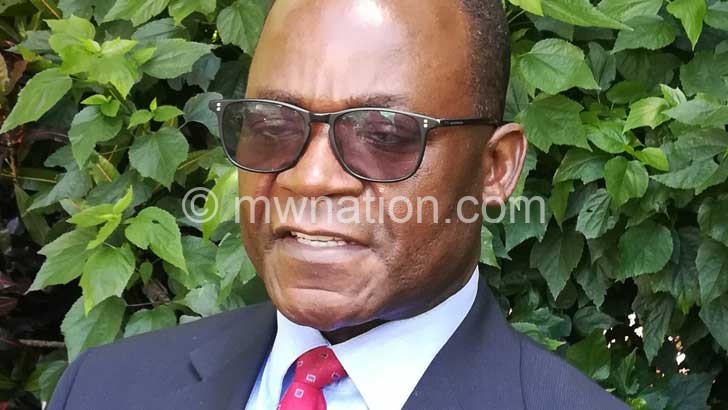Malawi Confederation of Chamber of Commerce and Industry (MCCCI) has said high cost of international transport is a major obstacle to doing business in the country.
This is contained in the MCCCI presentation to the 2023/24 National Budget proposal to the Ministry of Finance And Economic Affairs.
Kaferapanjira: Costs are very high
According to the chamber, costs of exports and imports have a huge percentage of their cost relating to transport.
“Both local and international transport We became desperate and make Malawi products uncompetitive on the international market,” said MCCCI chief executive officer Chancellor Kaferapanjira.
MCCCI has since advised government to develop all modes of transport so that they are efficient and cost-effective.
“In order for any country to achieve sustainable economic and social development, the country needs a good and efficient transport network as it directly affects the competitiveness of businesses. The country must strengthen its efforts in investing in rail transportation to bring down the transportation cost.
“Government should also consider having bilateral agreements with countries, such as Tanzania, to have a fuel pipeline to Malawi to reduce fuel costs,” he said.
Meanwhile, a recent United Nations report showed that Malawi’s transport sector accounts for 56 percent of landed transport costs and 30 percent of export costs, thereby increasing the cost of imported consumer goods and hurting Malawi’s regional trade competitiveness.
According to the report, transport accounts for 3.8 percent of the country’s energy consumption and 43 percent of its commercial energy consumption.
Government has since admitted challenges in the transport sector and committed to ensure that transportation costs are reduced.
Minister of Transport and Public Works Jacob Hara said on Wednesday government plans to revamp the transportation sector and to ease mobility and revitalise Malawi’s railway transport to ease cost of transporting products in the country.
“We believe that tthis will have a ripple effect on products’ prices which will be reduced.
“Additionally, plans are also underway to introduce railway transport in the Northern Region to connect with Tanzania,” he said.
Compared to the average cost in the region of $7 (about K7 252) per tonne per kilometre, in Malawi this reportedly ranges from $7 to $10 (about K10 360).
These high costs, according to a paper titled A political economy analysis of the Nacala and Beira corridors published last year, translates into other competitive disadvantages for the country.
The paper notes that international partners are keen to invest in improving trade and transportation, with a view to promoting socio-economic development in the region, but find trade and transport highly political in Malawi.
The study also found that although Nacala Port is the closest to Blantyre and Lilongwe the most cost-effective on paper, it is not the favoured route for Malawian importers and exporters.
The post Industry rues transportation costs first appeared on The Nation Online.
The post Industry rues transportation costs appeared first on The Nation Online.
 Moni Malawi
Moni Malawi 
